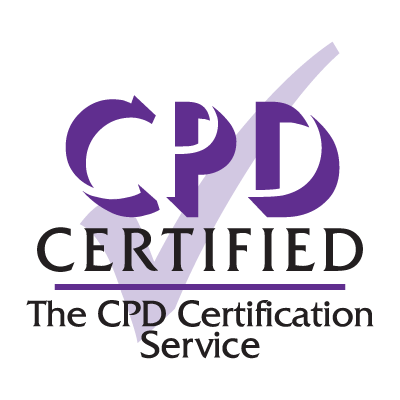Dignity in Care Training
Quantity: 1

Duration 3-4 hours


100% online training
Start when you like
Learn on any device (desktop, mobile or tablet)
Instant assessment and result
1 learner per course
Train teams of all sizes
Bulk discounts starting at 10% off 10 courses
Pay by invoice with 30 day payment terms available (5+ courses)
Includes a 10% discount for 10+ courses
This Dignity in Care course will give you a strong awareness of how to uphold dignity in a care setting. It will look at the various areas of care that you must pay particular attention to as a caregiver, as well as practical methods of improving services and processes so that they uphold dignity. This knowledge will enable you to care for patients of all ages and from all walks of life in a way that makes them feel secure, comfortable, and, most importantly, valued and respected.
100% online training
Access anywhere
Same day digital certificate
Printed certificate posted next working day
Full audio voiceover
Assessment retakes at no extra cost
Developed by qualified healthcare professionals
Accredited by CPD
Bulk discount for orders of 10+ courses

Save on our courses when you buy more training upfront. Lock in a better price now and access the training whenever you need to. You can mix and match any of our courses too and get the discount off your whole order.
10+ courses = 10% off
50+ courses = 20% off
100+ courses = 30% off
500+ courses = 40% off
By the end of this course, learners will have a thorough understanding of:

Accredited by CPD
All of our courses are accredited by the CPD Certification Service as conforming to universally accepted Continuing Professional Development (CPD) guidelines.
Recommended renewal:
3 years
What does this mean? This certificate does not have an expiry date, however, based on industry best practice guidelines there is a recommended renewal period.
Our in-house Learning Designers develop all of our courses to give you and your learners the most engaging training possible.








What is dignity?, the four categories of dignity, and how can dignity be affected in care?
The Human Rights Act (1998), the Equality Act (2010), the Mental Capacity Act (2005), Deprivation of Liberty Safeguards (2009), and the Mental Health Act (2007).
The 10 dignity dos, zero tolerance for abuse, support as you would want to be supported, treating every patient as an individual, maintaining independence, choice, and control, supporting people to express wants and needs, respecting people’s privacy, ensuring people can complain, engaging with family members and carers, maintaining confidence and self-esteem, alleviating people’s loneliness and isolation, and understanding discrimination.
The 8 dignity factors, the 3Ps, choice and control, communication, eating and nutritional care, and pain management.
Personal hygiene, practical assistance, privacy, and social inclusion.
Children, mental health, cognitive disabilities, A&E, and end of life.
The online assessment is taken on completion of the training material. You will be asked 10 multiple choice questions with a pass mark of 80%. The answers are marked automatically so you will instantly know whether you have passed. If you don't pass don't worry! You can take the test as many times as you need with no extra charge.
This Dignity in Care course is designed for anyone who delivers care in a care setting, whether it be a hospital or care home, such as:
The course is designed to give the learner a strong understanding of what actions and attitudes help promote a patient’s dignity and ensure they receive the best level of care possible, so to enhance their quality of life.